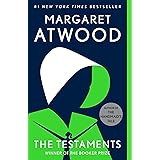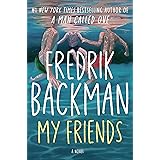Book Blurb:
In Do Not Dislcose, Leora, a juvenile court judge, wife, mother, and daughter, is caught in the routine of work, taking care of her family and aging parents. But she’s also a second-generation Holocaust survivor. It’s an identity she didn’t understand was hers until she accidentally discovered a secret file of handwritten notes addressed to her father. A further discovery of a seemingly random WWII postcard in a thrift store sets her on a collision course with the past in this lyrical memoir about secrets hidden within secrets, both present-day and buried deep within wartime Europe.
My Review: 4 stars
In Do Not Disclose, Leora Krygier creates a short memoir that follows two equally engaging storylines. One in which she uncovers secrets from her father’s past, that she knew about, yet avoided thinking about, until she finds a file with the words Do Not Disclose. This unleashes a slew of emotions regarding her parents, her brother, the past she believed in and the past she knows is true.
The second storyline is one that felt like fiction as many books use finding a lost letter or a lost diary as the impetus to get a story rolling. Not in this case! Here, Leora is perusing old postcards in an antique store when she sees the words Do Not Disclose, handwritten on the card. So soon after seeing that same sentiment on her father’s file, she knows the postcard is Bashert, which is Hebrew for destiny or soulmate. She buys the postcard and begins an extensive search for the sender and/or any relatives of this unknown man.
Throughout these two connected storylines, Leora is dealing with potential work reassignment, caring for her elderly parents and raising teenagers. Her husband is incredibly supportive, and I appreciate that she shared how they met in the narrative.
Overall, this memoir is a detective story of sorts; finding the truth in family and connecting with strangers that have come to mean so much. You can read this in one sitting, it’s a fast one.
Quotes I liked:
But the truth isn’t everything. There are many truths.”
“Email was fast food, filling, but it robbed me of reflection.”















